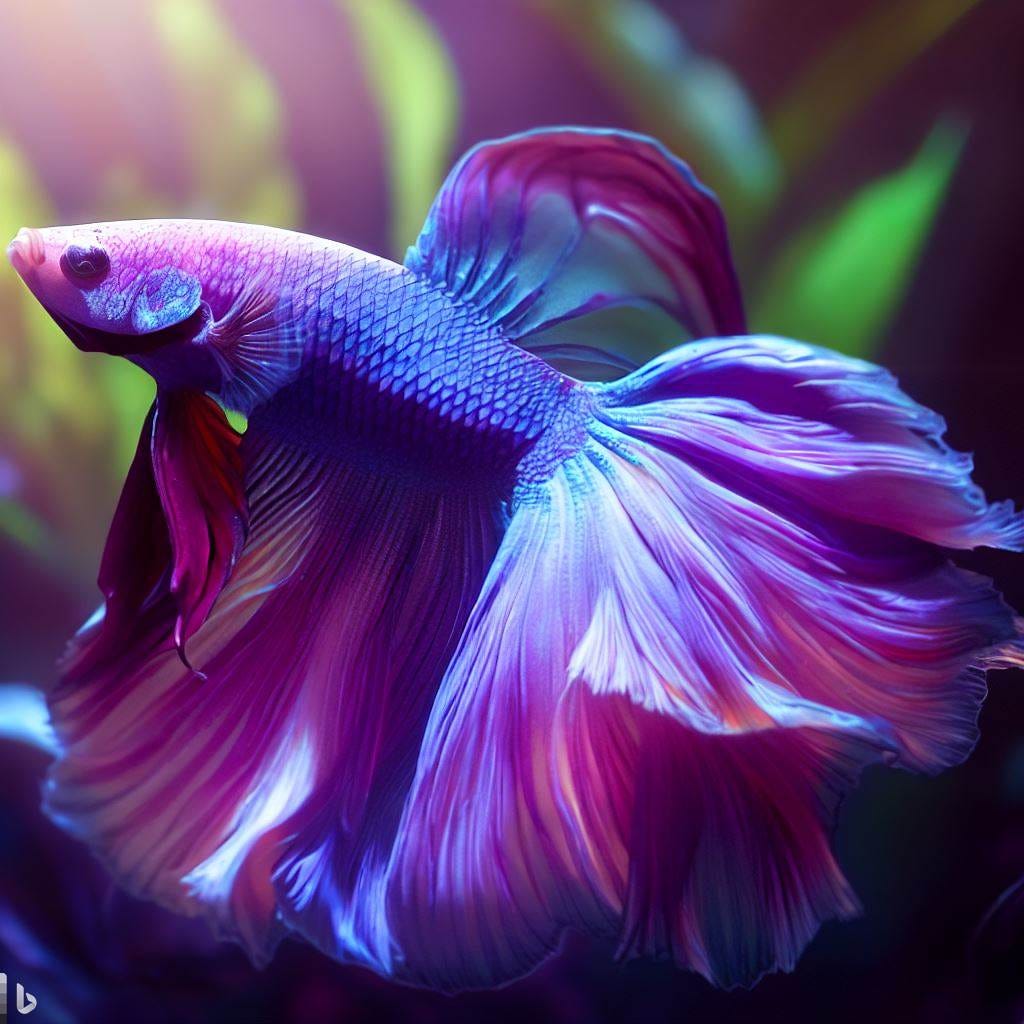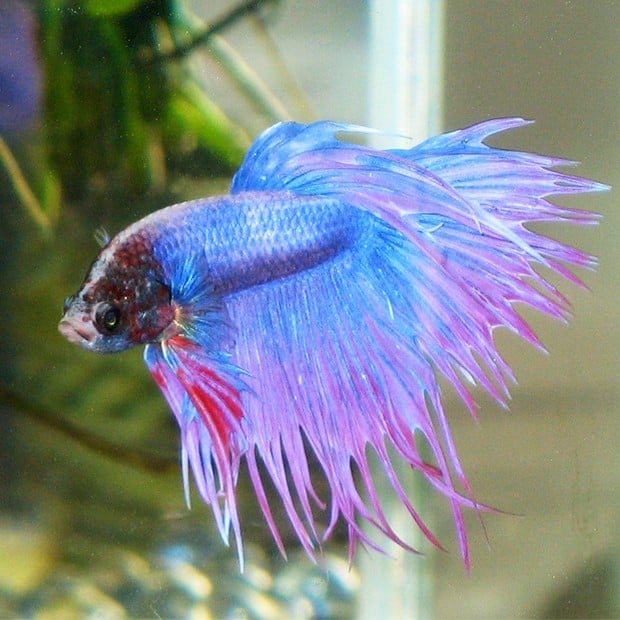The Ultimate Betta Fish Treatment Overview for New Family Pet Owners
The Ultimate Betta Fish Treatment Overview for New Family Pet Owners
Blog Article
The Ultimate Guide to Betta Fish Treatment: Necessary Tips for Keeping a Healthy And Balanced and Successful Fish Tank Environment
Reliable Betta fish treatment requires a comprehensive understanding of their special ecological and physiological demands. Developing an ideal fish tank begins with choosing the right container size and making certain ideal water conditions, which are crucial for the health and wellness and wellness of your Betta. Additionally, understanding appropriate feeding practices and producing a conducive environment can substantially impact your fish's vigor and actions. As you take into consideration these foundational facets, it comes to be clear that preserving a prospering aquarium environment requires interest to information and continuous dedication. What specific methods will you apply to improve your Betta's lifestyle?
Choosing the Right Storage Tank
Picking the appropriate tank for your Betta fish is important to guaranteeing its health and wellness and well-being. Bettas flourish in atmospheres that imitate their natural habitats, which typically contain calm, warm waters. A storage tank size of at the very least five gallons is recommended to give sufficient swimming room, as smaller tanks can result in stress and anxiety and wellness issues for these lively fish.
When picking a container, take into consideration the container's shape and filtering system. A rectangular storage tank is more suitable to a bowl, as it offers more surface location for oxygen exchange. In addition, a reliable purification system is important to keep water high quality and reduce the frequency of water modifications (betta fish). It's crucial to select a filter with a gentle circulation, as Bettas are not strong swimmers and might have a hard time against strong currents.
Temperature level regulation is another essential variable; Bettas choose water temperatures in between 76 ° F and 82 ° F. Purchasing an excellent heating system will certainly make sure that the water remains within this array, advertising a healthy and active way of life for your Betta. Providing appropriate storage tank designs and concealing spots will help minimize tension and urge natural behaviors, better improving your Betta's well-being.
Keeping Water Quality
Keeping optimum water top quality is important for the wellness and long life of Betta fish. This needs regular tracking of different criteria, consisting of temperature level, pH, ammonia, nitrite, and nitrate degrees.
The pH level must preferably fall between 6.5 and 7.5. Normal testing utilizing a trusted water testing set can aid make certain these parameters continue to be within the ideal arrays. Ammonia and nitrite levels should always go to 0 ppm, as also low concentrations can be harmful to Betta fish. Nitrate levels should be kept under 20 ppm to stop long-term wellness issues.
Routine water adjustments are vital to preserving water quality. It is suggested to transform 25-50% of the tank water weekly, depending on the container size and stocking degrees. Making use of a high-grade water conditioner can assist remove damaging chemicals from tap water, making certain a secure atmosphere. Additionally, integrating a durable filtration system can help in maintaining water clarity and top quality, offering a healthier habitat for your find more Betta fish.
Suitable Feeding Practices
Offering a well balanced diet regimen is critical for the health and vivid pigmentation of Betta fish, as their dietary demands play a substantial duty in their overall health. Betta fish are meat-eating by nature, needing a diet plan high in healthy protein. A mix of high-grade pellets, frozen or real-time foods such as bloodworms, salt water shrimp, and daphnia can supply the vital nutrients they require.
Feed your Betta fish two to three times a day, offering just what they can take in within two to three minutes to stop overfeeding and maintain water quality. Overfeeding can cause obesity and health concerns, consisting of swim bladder disease. It is important to monitor their nutritional intake and adjust section sizes appropriately.
Along with protein, a balanced diet regimen should include minerals and vitamins to advertise ideal wellness. Think about supplementing their click diet plan with high-grade flakes or pellets specifically created for Betta fish, as these frequently consist of necessary additives.

Creating a Suitable Habitat

Water high quality is critical; maintain a temperature level between 76 ° F and 82 ° F, and ensure the pH level varies from 6 - betta fish.5 to 7.5. Normal water modifications of 25-50% each week will assist keep toxins at bay and make certain a secure setting
Including plants and concealing spots is essential, as Betta fish are naturally territorial and delight in having locations to discover and pull back. Live or silk plants, in addition to caves and accessories, can develop a revitalizing hop over to here environment.

Routine Wellness Checkups
Conducting routine wellness checkups is important for ensuring the health of Betta fish, as very early detection of prospective problems can prevent severe illness. These checkups should include a complete examination of the fish's physical condition, habits, and environmental elements.
Begin by observing the Betta fish for any type of signs of distress, such as lethargy, anorexia nervosa, or uncommon swimming patterns. Furthermore, inspect the fins and body for indicators of staining, sores, or fin rot, which can indicate infections or parasites. Consistently keeping track of the water quality in the aquarium is similarly critical; parameters such as pH, ammonia, nitrite, and nitrate degrees need to be kept within optimal ranges to stop tension and disease.
Moreover, think about maintaining a log of wellness monitorings and water high quality tests. Timely treatment can make a significant difference in the recovery of your Betta fish, making certain a lengthy and healthy and balanced life in a properly maintained fish tank environment.
Conclusion
In verdict, successful Betta fish treatment pivots on producing and preserving an ideal aquarium atmosphere. Secret elements consist of selecting a properly sized container, making certain regular water top quality, sticking to perfect feeding techniques, and creating a habitat that reduces stress. Normal health and wellness checkups are crucial for very early discovery of possible problems. By adhering to these standards, aquarists can promote the health and vibrancy of Betta fish, eventually leading to a growing aquatic ecological community.
Report this page